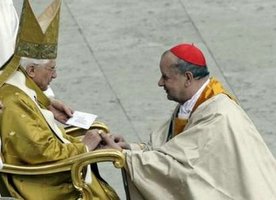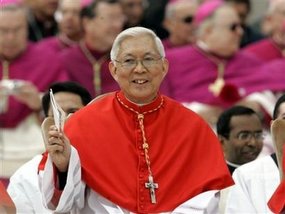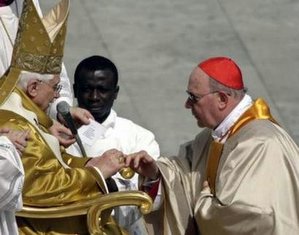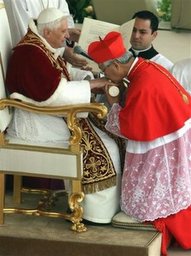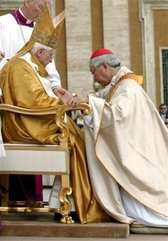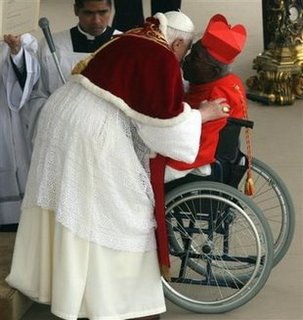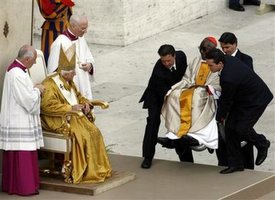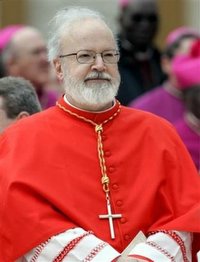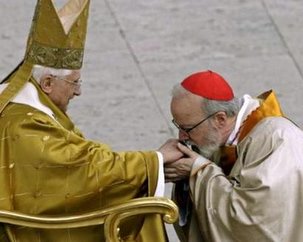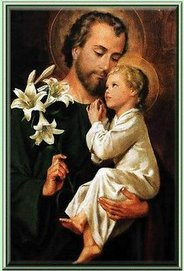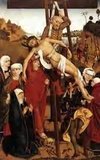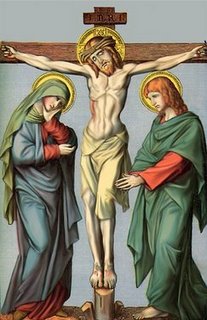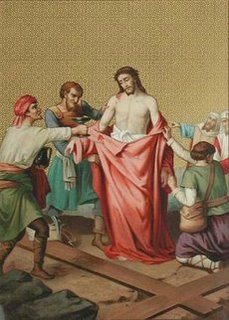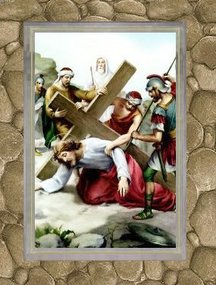Terri's Passion
In loving memory of Terri Schiavo, this post will remain on top for the rest of the day. Please visit her website here.
Teresa Marie Shiavo died on March 31, 2005. A time when we remember Our Lord’s Passion and Death, we also witnessed the death-by-starvation of a disabled woman who relied only on the very basic means of survival - food and water.
During the same time, we saw our beloved Pope John Paul II’s feeding tube removed due to his imminent death. By the patience he showed us through the suffering of old age and illness, he taught the world that life is precious even to the very end and that nobody can take away life at any stage. We witnessed simultaneously the removal of Terri’s feeding tube upon the instructions of her estranged husband. And Terri was not even terminally ill.
The means of ending Terri’s life was deliberate. The husband of Terri saw no reason for her to live because she was in a “vegetative state” and so he ordered the removal of her life line - food and water. But on March 2004, Pope John Paul II stated that “the removal of feeding tubes from people in vegetative states is immoral, and that no judgment on their quality of life could justify such "euthanasia by omission." The Pope said even the medical terminology used to describe people in so-called "persistent vegetative states" was degrading to them. He said no matter how sick a person was, "he is and will always be a man, never becoming a ‘vegetable’ or ‘animal.’" (Illinois Right to Life)
On June 15, 2005, Terri’s autopsy revealed severe brain damage from dehydration which tells us that prior to her death, her brain was still functioning to some degree that we will never know. It also tells us that her death was slow and extremely painful. May the memory of Terri move us to proclaim the value of life from conception to natural death.
Also visit Dory's Blogger's Best for Terri.



